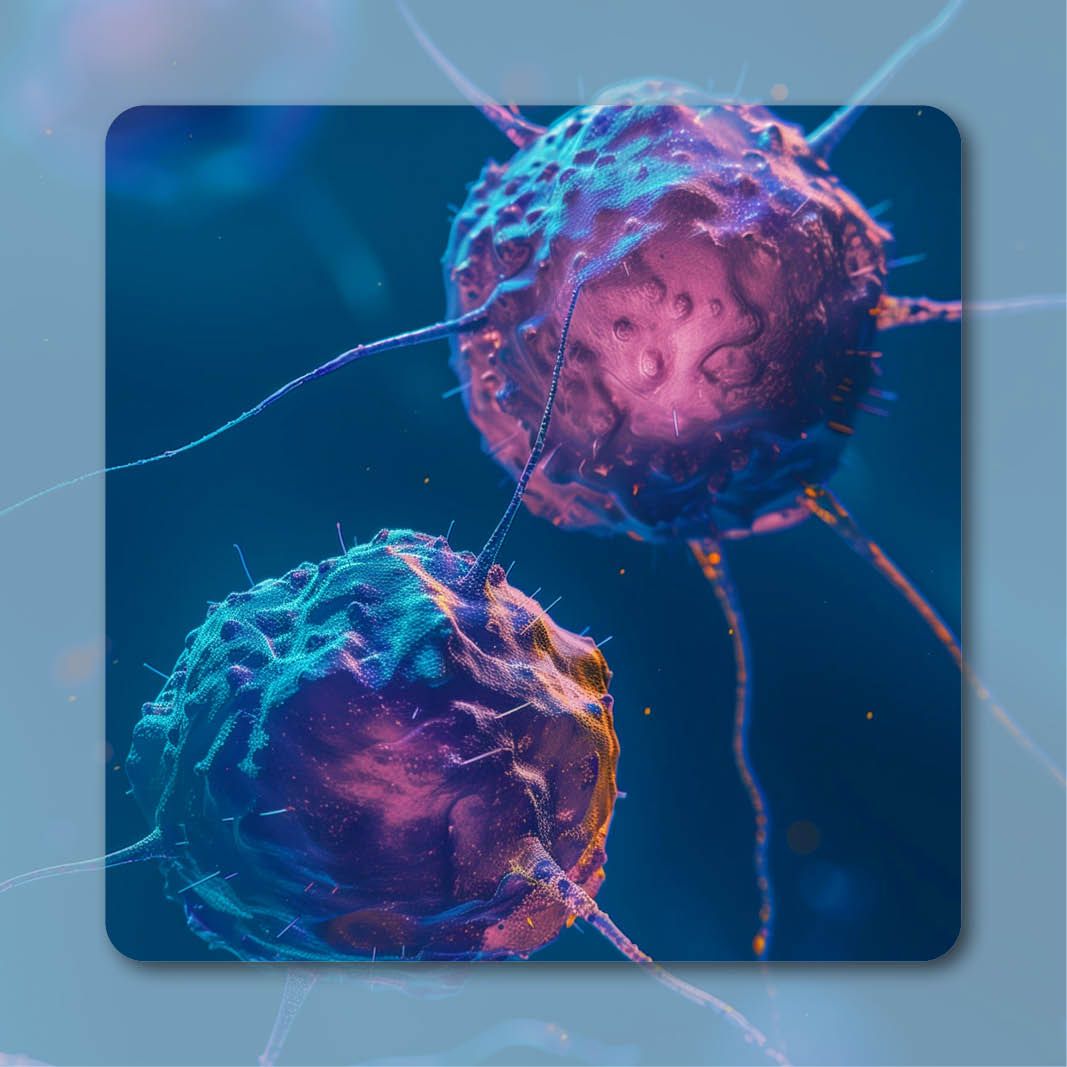Article
Expert Discusses Unleashing Promise of Genetic Testing in Prostate Cancer
Author(s):
Christopher J. Kane, MD, discusses the challenges and impact of genetic testing on patients with prostate cancer.
Christopher J. Kane, MD

Christopher J. Kane, MD
Genetic testing for patients with prostate cancer is poised to have a major impact on both screening and treatment selection; however significant advances are still needed, according to Christopher J. Kane, MD.
“In the future, we’re likely to get to a place where patients newly diagnosed with cancer will have extensive genetic testing. However, we’re not there yet. We still need to come up with guidelines based on our current technology, better understand who should be tested, how much testing should be done, and at what stage of diagnosis. We’re trying to wrap our heads around this rapidly changing field.”
OncLive: What is the potential impact of genetic testing on prostate cancer?
In an interview with OncLive, Kane, professor of surgery, chair, Department of Urology, UC San Diego Health, discussed the challenges and impact of genetic testing on patients with prostate cancer.Kane: Genetic testing for patients with prostate cancer could have a broad impact on both understanding who needs to be screened and who might benefit from screening. Right now, when we obtain a family history, many times patients don’t know what their parents or grandparents had depending on the generational details. Many of the older generations did not share their health problems, making it difficult for patients to give an accurate family history. Some know, but many do not. If you have a strong family history of prostate cancer, it influences your risk of being diagnosed with prostate cancer, and therefore, influences the risk for your children.
One thing that we're coming to realize is the genomic risk that might be inherited in your germline, could influence the kind of prostate cancer you have and how sensitive that prostate cancer is to various therapies. For instance, the BRCA mutation that can increase the risk of a patient’s family for breast and ovarian cancer, also increases the risk of prostate cancer and changes the response to treatments for those patients. They tend to have worse prostate cancer that doesn’t respond as well to conventional therapies.
There’s emerging evidence that some particular therapies, such as PARP inhibitors, might be better in a patient with advanced disease. All of this data has emerged in the past few years. In my opinion, genomics is going to be important for screening and determining who should get PSA testing. At the other end of the spectrum we might be able to determine who is at a low-risk for prostate cancer based on single-nucleotide polymorphism testing. If those patients are diagnosed with prostate cancer, it might be a different type of prostate cancer having implications on what forms of treatment might be most beneficial for them.
What would you like to see next in genetic testing for prostate cancer?
In the future, we’re likely to get to a place where patients newly diagnosed with cancer will have extensive genetic testing. However, we’re not there yet. We still need to come up with guidelines based on our current technology, better understand who should be tested, how much testing should be done, and at what stage of diagnosis. We’re trying to wrap our heads around this rapidly changing field. I’m particularly interested in whether single-nucleotide polymorphism tests are going to be commercialized. Right now, those tests are not in the commercial space. If someone wonders if their risk for prostate cancer is higher or lower, other than their family history, which is an estimate of risk, there is no other way to test.
What other challenges are there in this space?
There is quite a bit of research that single-nucleotide polymorphism testing, which is germline mutational testing, can stratify your risk today, but those tests are not yet commercially available. I think commercializing those tests would be powerful to help patients. The cost and the interpretation of the data are some challenges still facing this area. The technology often outstrips the ethics and the clinical precision of what we do with the data. We can get genomic sequencing of the tumor and the patient but we don’t yet know what to do with that information. The technology has outstripped the clinical application, but again, this space is in its infancy, so it’s something we need to work toward.
What are the main points you would like community oncologists to take home?
The other topic that I think is interesting is how the microbiome intersects with cancer, cancer risks, susceptibility, and effectiveness of treatment. We’re increasing our awareness of how the bacteria, viruses, and fungi that live within us and on us affect our health. There is quite a bit of emerging evidence that our microbiome may effect both our cancer susceptibility, as well as the effectiveness of treatment. That is just emerging. The next 5 to 10 years is going to be interesting. An important point is the BRCA mutational story extends to prostate cancer. When we think about patients who have BRCA mutations, we're concerned about their families having breast and ovarian cancer, but we should also be thinking about enhanced screening and detection of prostate cancer in those families.
Another point is urologists and oncologists don't do the genetic testing. This is where genetic counselors need to get engaged. They do a wonderful job taking a pedigree of the patient, understanding what is the array of genetic tests that are available, and what the value of those tests are, since not every gene is actionable. It is a profession that is quite specific. I don’t think it’s a great idea for patients to just get their genome and their genetic risk or for physicians to just be ordering it.
Is there anything else you would like to highlight?
We should lean on our genetic professionals and genetic counselors. I make the decision to refer patients for genetic counseling, but otherwise, I attempt to stay out of the business of interpreting the very complex genetic results that we get. We realize that we're learning a lot, the field is changing fast, and we need guidance. I happen to be on the NCCN guidelines committee and we're struggling with these same issues. We're here to learn from each other and to try and organize our thoughts around these very important topics for patients.









